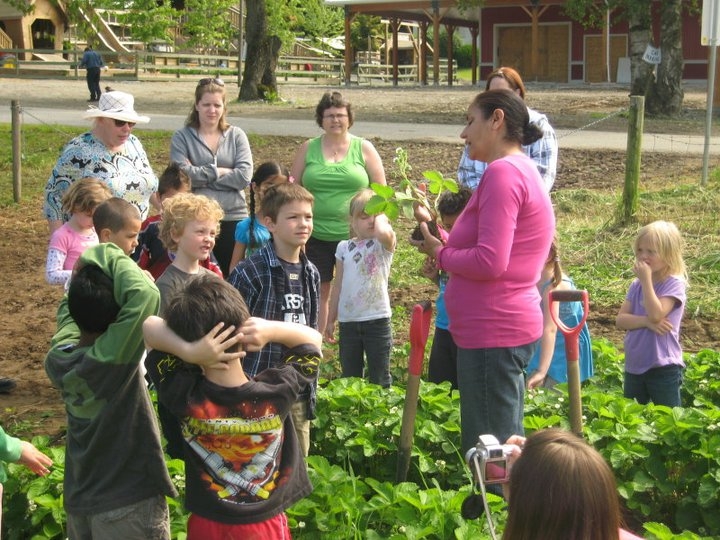By Cate Pedersen
Mike Manion grew up on a family farm in Ontario; a farm with thirty head of dairy cows, a few pigs, chickens and a variety of crops. He smiles as he reminisces about the animals wandering freely across the road heading for the barn, and his brow furrows as he talks about how the family-run, mixed farm of old is up against some stiff competition. “There were several hundred-acre farms in our area, and before long, it was just us.”
The economic trend has been for larger farms and corporations to buy up the smaller, more traditional operations that have been in the same family for generations, and fewer young people are choosing the farm life over other business careers. Statistics Canada reports that the changes are also due to the fact that, as in other work sectors, farm owners are retiring—and their land is being absorbed by larger operations.
There are a special group of farmers with an entrepreneurial spirit that should be lauded; among them, the family farms, locally owned organic producers, hydroponic farmers, and visionaries who take risks with new innovations and experimental technologies. These are the farmpreneurs of the future who will balance the food industry scale with the agricultural giants and give the consumers more choice.
But how is the independent operator, or private investor to survive in this altered agricultural landscape? “Farmers are under the microscope,” Manion muses. “They are expected to be experts in a wide variety of areas: HR, purchasing, food safety and sustainability.” And with tighter regulations expected from organizations like CFIA (Canada Food Inspection Agency) and AAFC (Agriculture and Agri-Food Canada), which will benefit all parties, it is time for the smaller operations to review their practices.
There is plenty of help out there for those willing to do their homework. “Don’t be afraid to reach out and use resources,” encourages Manion. “Take advantage of training grants and free groups that the government has to offer.” Whether deciding to diversify or specialize, there is support out there and advisors like Manion and his partners can provide assistance in finding the right help.
Manion left his family’s operation behind many years ago—he jokes that he’s embarrassed to say how many—following a path which led him to his current position as an agricultural specialist and owner of Agrisco Supplies which provides training and advisory services to the agricultural industry. He has held several executive positions with large corporate farming operations along the way, and now spends some of his time as a consultant for SRCTec based in Mission, BC.
SRCTec (Sumas Regional Consortium for High Tech) is a not-for-profit organization governed by a select group of technology executives. This local government coalition is interested in attracting tech-based investment into the Fraser Valley. SRCTec’s Agri-food Venture Acceleration Program promotes agriculture technology innovation and commercialization by providing start-up and early stage agri-food technology entrepreneurs in the Fraser Valley with the coaching and resources they need to maximize commercialization opportunities and accelerate growth.
There is passion in Manion’s voice when he talks about the research and development opportunities available to farmers. He has his finger on the pulse and encourages farmers to investigate what is out there. “Let’s say a farmer purchases or builds a piece of equipment for their operation, and they try it and it fails. Through SR&ED [Scientific Research and Experimental Development], they might be eligible for credit. The equipment might not have worked out, but the farm will receive a reimbursement for helping with the research.”
In Manion’s role as a consultant, and a member of CAFA (Canadian Association of Farm Advisors), Manion feels the frustration that many busy farmers experience when trying to figure out where to best spend their time and resources. He has direct experience operating farms all across Canada and can advise on best practices, and help farmers figure out their business plans and search out the right resources to help them achieve their goals.
Manion has also worked in collaboration with government regulators to develop a working relationship to solve environmental concerns such as waste control regulations and labour issues within the foreign workers program. Advisors like him are there to help farmers over the humps.
Through grants, refunds, tax credits and training funds, farmers and small operations can benefit and realize their plans for success. The first step towards making sure your agricultural business is up to date and abiding with guidelines and regulations would be contacting an organization like Agrisco, or find others on the CAFA website. Investigate the many opportunities and know that the support is there.














